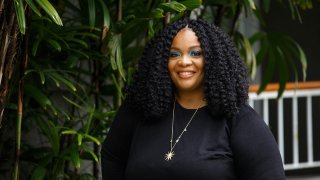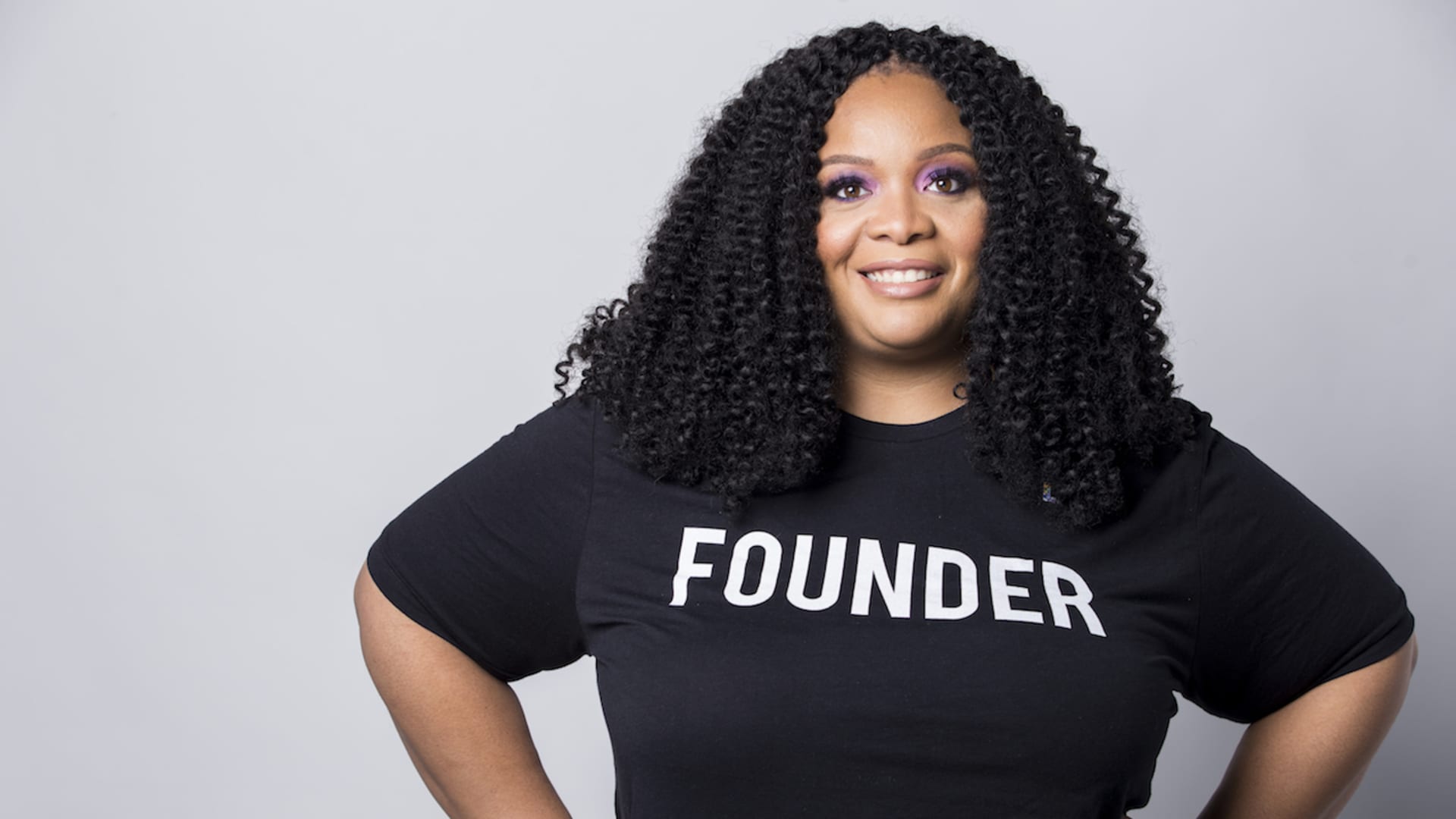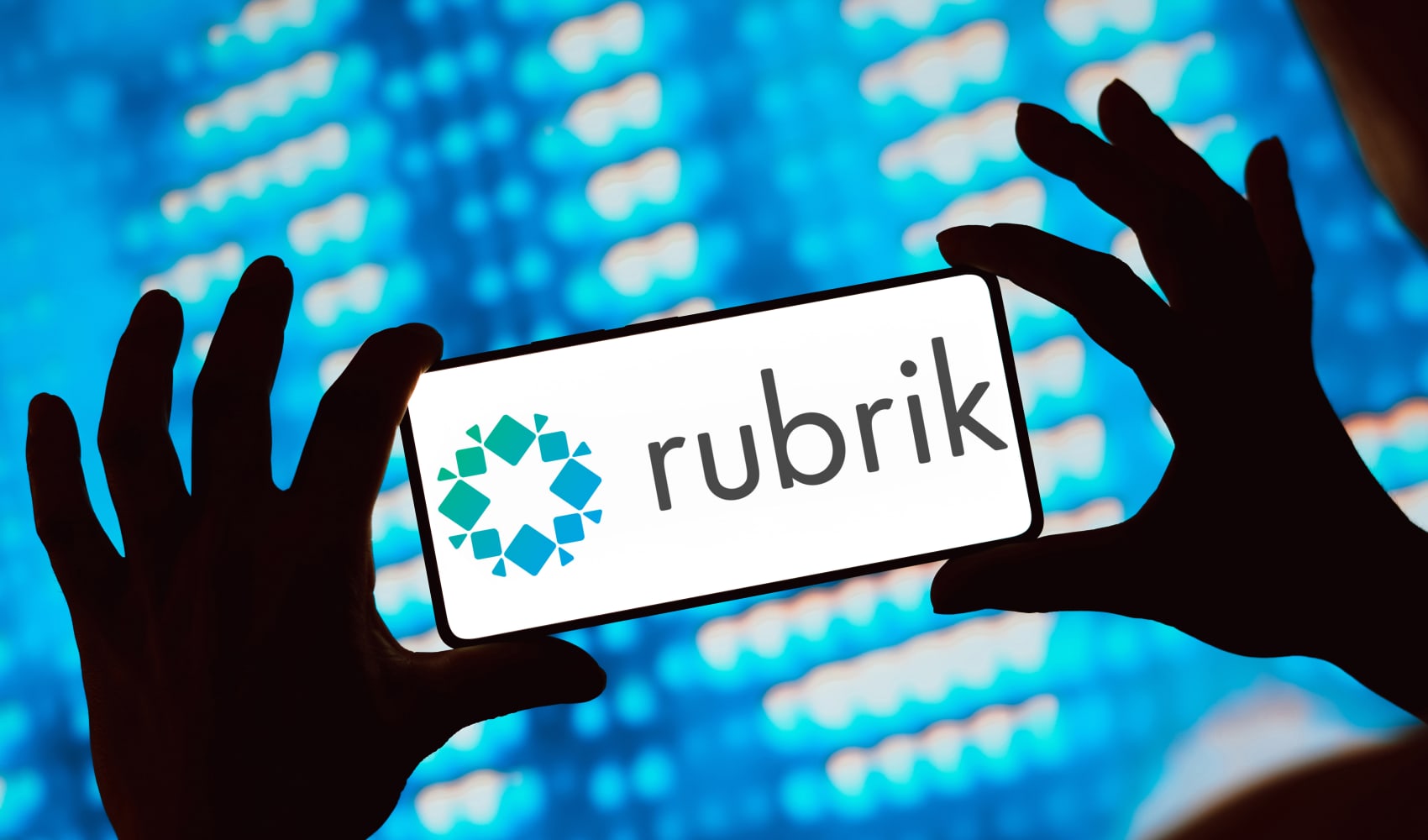
Today's coronavirus pandemic is continuing to expose the longstanding health disparities that exist in America, with communities of color disproportionately impacted by Covid-19.
In addition to these disparities being linked to economic inequality, research shows that Black and Brown patients often have their pain and health concerns dismissed by doctors due to implicit and explicit biases in the health-care field. As a result, Black patients are prescribed less pain medication than White patients with similar health complaints and they receive lower quality of care for cardiovascular diseases, though they experience the highest mortality rate for heart disease and stroke among all ethnic groups in the U.S. Additionally, Black women face one of the highest maternal mortality rates in the country, dying 2 1/2 times more often than White women during childbirth.
To address these health disparities, tech entrepreneur Kimberly Wilson created an app called HUED that links Black and Latinx patients with culturally competent doctors of color. She defines "culturally competent" as doctors who "specifically understand the physical, mental and cultural needs" of diverse patients. Wilson tells CNBC Make It that she launched the platform in 2018 after personally receiving improper health care for a diagnosis.

"In 2017, I was diagnosed with uterine fibroids and for anyone unfamiliar with what uterine fibroids are, they are benign tumors that reside within a woman's uterus," she says. While nearly two-thirds of women experience uterine fibroids before the age of 50, data shows that Black women have a higher rate of experiencing them at a younger age with nearly a quarter of Black women between 18 and 30 years old having uterine fibroids compared to about 6% of White women. By age 35, roughly 60% of Black women experience uterine fibroids, with many suffering from severe symptoms like pain, anemia and fertility problems.
"Some women never experience any issues with them," Wilson says. "But if you're like me, I had over 30 of them and at one point they began to impact my other organs."
Living in New York City at the time, Wilson says she visited four different doctors over a six-month time period. All of the doctors were White men, she said, with two of them completely dismissing the pain she was feeling and the other two telling her that a hysterectomy was her only option.
Money Report
"As a 30-something-year-old, I was completely traumatized by the experience," she said. After sharing her story with a friend, Wilson says she was recommended to visit a physician in Baltimore who was a Black woman. It was then, she says, when she felt like she received the proper attention and care for her diagnosis.
"That meant that I had to travel over a hundred miles to find culturally competent care," says Wilson, who now lives in Washington, D.C. "And my story is the same as honestly countless other people of color, specifically within the Black and Latinx community."
With HUED, Wilson aims to address this issue by ensuring that Black and Latinx patients can easily find a doctor who understands their health and cultural needs. To do this, patients can log onto HUED for free, type in their location, insurance provider and health concern, and the app will match them with appropriate doctors. Patients can also read other patient reviews of the doctors before reaching out for an appointment. So far, she says, the app has received about 8,000 sign-ups from Black and Latinx individuals seeking health-care services.
On the physician side, Wilson says HUED currently has over 400 doctors on its platform who are located throughout the United States. Many of these doctors were recruited by HUED's partnership with organizations like the National Medical Association and the National Hispanic Medical Association.
"At the early onset of HUED, the National Medical Association was absolutely an advocate for us," Wilson says in regards to how they've been able to spread the word about HUED. "Pre-Covid, they gave us free exhibitor space at their conferences."
In addition to partnerships with membership-based medical organizations, Wilson says HUED has also grown due to word of mouth recommendations from doctors and patients who have used the platform.
While HUED has yet to receive any venture capital funding, Wilson says the platform is largely funded through brand partnerships such as her most recent one with Unilever-owned company Vaseline. With this partnership, Vaseline and HUED are helping Black and Latinx patients find culturally competent dermatologist who can address their skin care needs, with actress and director Regina King as the spokesperson for the campaign. Additionally, HUED was a recipient of Google's Black Founders Fund earlier this year, from which they received $50,000 in capital and hands-on support for growing their platform.
"The past six months have been bigger than the past two years for us," says Wilson. "And I think that's because there's been a spotlight on health-care disparities right now."
With Covid-19, she says "people are more interested in and more invested in" finding solutions to address the health-care gap that communities of color face. "We've been getting interest from large personal-care and consumer health-care brands," she says. "But, we want to make strategic decisions not just for the company, but also for the population that we're trying to serve."
Wilson says one long-term goal of HUED is to improve the patient-physician experience for at least 50,000 Black and Latinx individuals by 2025. "By then Covid will hopefully be long gone," she says. "But, we will still be in pursuit of this work because health care as an institution isn't unlike any other institution in this country when you think about all of the challenges that exist for our community. And so while this may be a moment for some, we'll be here long after [Covid] because these [health care] challenges will ultimately still exist."
Check out: Best credit cards for Black Friday and Cyber Monday shopping of 2020
Don't miss: Racial health disparities already existed in America— the coronavirus just exacerbated them






